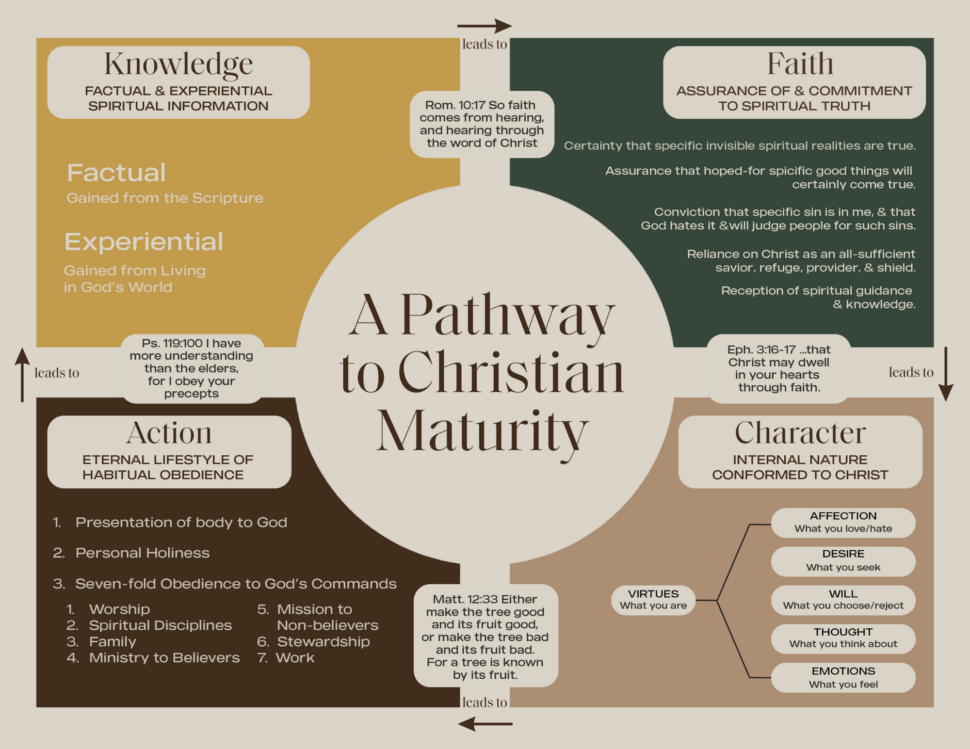
What gain comes from dying?
Matthew 16:24-25
We have been trained to think of a human life as ultimately precious, the most valuable thing in the world. This mentality arises from the Judeo-Christian worldview and is mostly right. However, four lessons of spiritual maturity change the equation. First, the Bible teaches that there is something of infinitely greater worth than a human life and that is the glory of God. Secondly, we have seen from the gospel that the Father was willing to pour his own Son out unto death – a bloody and painful death on the cross – to save us from our sins. Thirdly, we learn from scripture that the doctrine of the resurrection means that this world is not all there is, and that death is not the end of our existence. Fourthly, we also learn from scripture that seeds that fall into the ground and die are the very ones that produce much fruit (John 12:24).
“God sometimes calls on us to die, to be sheep for the slaughter.”
The Lord wants us to face the fact that in this hostile world dominated by Satan’s dark purposes, God’s people will often be thought of as sheep for the slaughter. And amazingly, the slaughter of God’s people has been instrumental in the advance of the gospel. As Tertullian said to the enemies of the church, “We conquer in dying… The oftener we are mown down by you, the more in number we grow. The blood of Christians is seed.” God tenderly watches over his suffering people and powerfully uses their Christ-like deaths to advance his kingdom.
So, God sometimes calls on us to die, to be sheep for the slaughter. It was Dietrich Bonhoeffer, the German pastor who died as a martyr at the hands of the Nazis, who stated plainly, “When Jesus calls a man, he bids him, ‘Come and die!’” Jesus had stunned his disciples in Caesarea Philippi with the revelation that he was going to be arrested, tortured, and killed in Jerusalem, and on the third day, be raised to life. Peter, speaking undoubtedly for all of them, “took Jesus aside and began to rebuke him: ‘Never, Lord, this shall never happen to you.’ Jesus rebuked Peter, saying, ‘Get behind me, Satan, for you are a stumbling block to me. You do not have in mind the things of God but the things of men’” (Matthew 16:23). Then Jesus turned to all his disciples and gave them a very plain command, from which Bonhoeffer and all generations of faithful Christians have taken their marching orders: “If anyone would come after me, he must deny himself and take up his cross and follow me. For whoever wants to save his life will lose it, but whoever loses his life for me will find it” (Matthew 16:24-25).
This death march following Jesus is to be a daily shouldering of the cross. Because Jesus calls his disciples to die daily he must be referring to a spiritual death. This was the central drive and compelling hope of Paul’s sanctification as well. He explains in Philippians 3:10-11: “I want to know Christ and the power of his resurrection and the fellowship of sharing in his sufferings, becoming like him in his death, and so, somehow, to attain to the resurrection from the dead.” Paul has in mind a daily process whereby he could live out the mentality of servanthood, the humble self-sacrifice of Christ that saved our souls and pursue the sanctification process that is storing up rich eternal rewards.
(This is an excerpted from An Infinite Journey by Andy Davis, pages 294-296)




